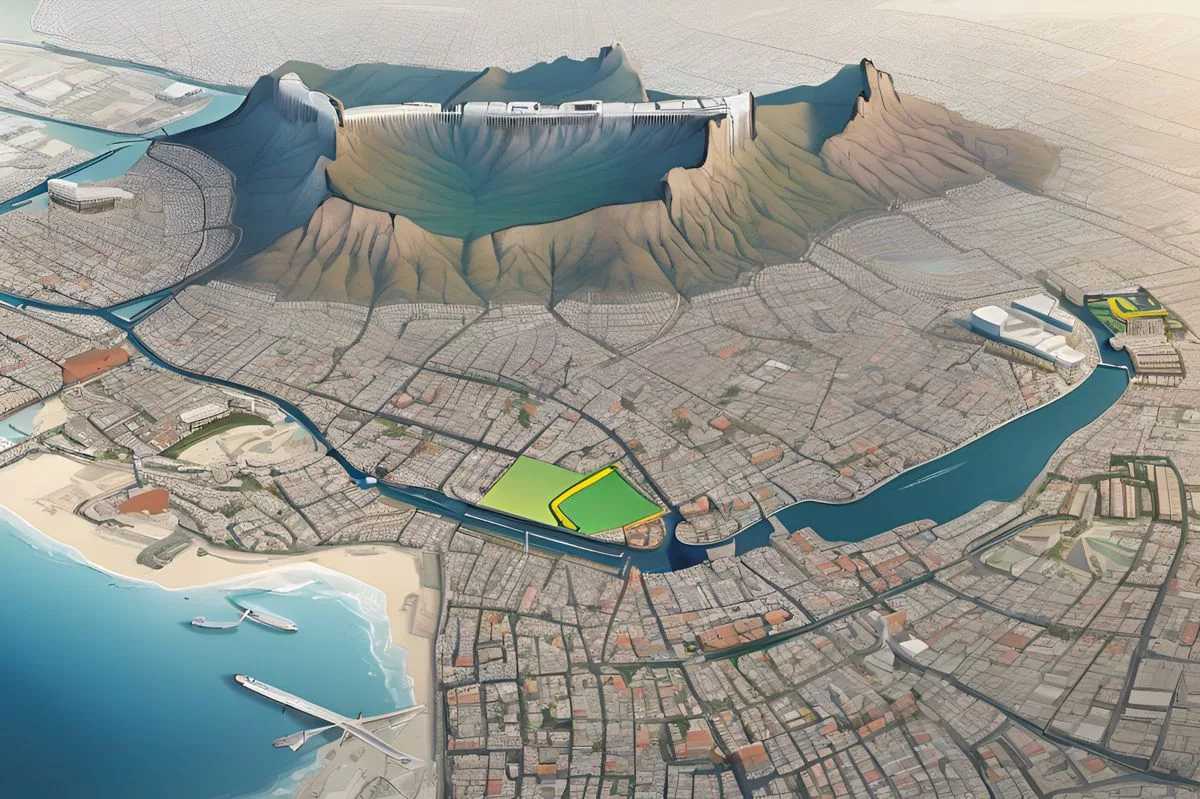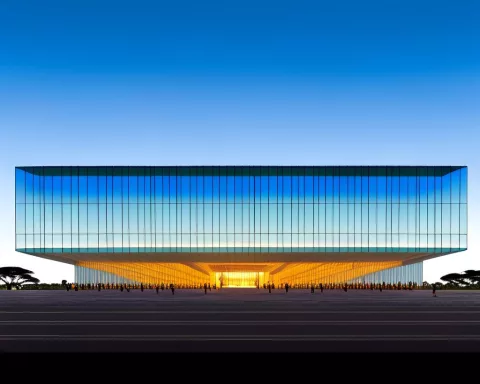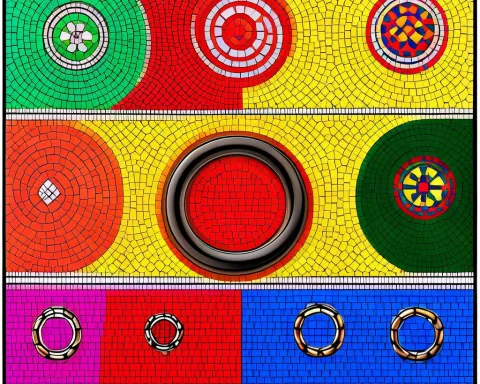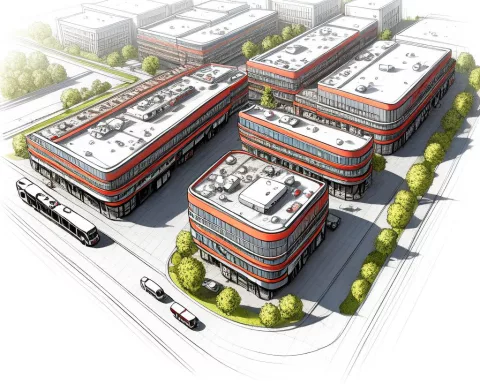Cape Town is planning to convert selected roads into one-way streets to improve road safety and ease peak-hour traffic. The city is inviting its citizens to participate in the decision-making process by providing feedback on the proposal. The city administration is committed to transparency and has set up multiple avenues for the public to express their views and concerns, fostering active citizen engagement and shaping the city’s urban evolution in a participatory and democratic way.
What is Cape Town’s plan for urban evolution?
Cape Town’s Urban Mobility Directorate has proposed a plan to convert selected roads into one-way streets, inviting citizens to participate in the decision-making process. The plan aims to enhance road user safety, ease peak-hour gridlock, and increase parking space availability. The city administration has provided multiple avenues for residents to express their views, comments, and concerns.
South Africa’s cultural hub, Cape Town, is on the brink of a significant urban metamorphosis. The city’s Urban Mobility Directorate has proposed a transformative plan to convert selected roads into one-way streets in both the northern and southern sections of the city. They have invited the citizens to participate actively in the decision-making process and have until 7th June 2024 to share their feedback on the proposal. This approach underlines the city’s commitment to fostering a participatory reshaping of the urban landscape.
A Bold Plan for Traffic Management and Road Safety
Central to Cape Town’s drive for urban evolution is the plan to transform 13 roads within Subcouncils 6, 11, 14, 18, and 20. As the city prepares for this significant shift, it calls upon residents and road users from the affected regions to offer their insights on the proposed change. The city administration ensures transparency in the process by providing detailed maps and plans of the streets and roads under consideration on the official city website.
Councillor Rob Quintas, the City’s Mayoral Committee Member for Urban Mobility, underlines the potential benefits of the proposed one-way street conversions. He believes the move will enhance road user safety, ease peak-hour gridlock, and increase parking space availability.
Besides, this plan aims to create safer commuting conditions around schools, particularly during the busy morning drop-offs and afternoon pick-ups. The proposal embodies the city’s dedication to the safety of its residents and outlines its vision for an efficient and orderly traffic system.
A Call for Public Participation
Yet, the city authorities aren’t relying solely on their understanding of the issues at hand. Acknowledging the crucial role of public participation in any democratic process, the Directorate is proactively seeking the community’s input, comments, and suggestions on the proposal.
By adopting this participatory approach to decision-making, the Directorate endorses the essence of democratic governance, emphasizing that every voice counts. This belief in collective decision-making forms the core of the city’s open public comment procedure.
The city administration has provided multiple avenues for residents to express their views, comments, and concerns. Digital submissions can be made through email or the official city website, while traditional written submissions are also accepted.
To ensure all residents have a chance to participate in this critical dialogue, the city has set up a dedicated call center and appointed a Public Participation Unit representative, Anthea Bendie, to address any queries regarding the submission of comments.
Active Citizen Engagement: The Way Forward
By opening up the discussion to its citizens, the City of Cape Town is pioneering a new level of civic involvement. The proposed road conversions present an excellent opportunity for residents to have a say in the transformation of their city. In this process, they transition from being mere observers to active participants in Cape Town’s urban evolution.
This ambitious urban mobility endeavor is a clear indication of Cape Town’s unwavering commitment to its residents and its pursuit of progress. It paints a picture of a city unafraid to adapt, change, and improve, always prioritizing the safety and well-being of its inhabitants. As the proposal unfolds and the city awaits its citizen’s feedback, it is evident that Cape Town is constantly evolving, and the journey promises to be as rewarding as the destination itself.
What is the purpose of the proposed one-way street conversions in Cape Town?
The proposed one-way street conversions in Cape Town aim to improve road user safety, ease peak-hour gridlock, and increase parking space availability. The plan also aims to create safer commuting conditions around schools, particularly during the busy morning drop-offs and afternoon pick-ups.
What areas of Cape Town will be affected by the proposed road conversions?
The proposed road conversions will affect 13 roads within Subcouncils 6, 11, 14, 18, and 20 in both the northern and southern sections of Cape Town.
How can citizens participate in the decision-making process?
The city administration has provided multiple avenues for citizens to express their views, comments, and concerns. Digital submissions can be made through email or the official city website, while traditional written submissions are also accepted. The city has also set up a dedicated call center and appointed a Public Participation Unit representative to address any queries regarding the submission of comments.
What is the deadline for citizens to share their feedback on the proposed road conversions?
Citizens have until 7th June 2024 to share their feedback on the proposed road conversions in Cape Town.
How does the city administration ensure transparency in the decision-making process?
The city administration provides detailed maps and plans of the streets and roads under consideration on the official city website. The city also ensures transparency by inviting citizens to participate in the decision-making process and proactively seeking their input, comments, and suggestions on the proposal.
What is the significance of citizen participation in the proposed road conversions?
By opening up the discussion to citizens, the City of Cape Town is pioneering a new level of civic involvement. This process allows residents to have a say in the transformation of their city and transition from being mere observers to active participants in Cape Town’s urban evolution. This approach underlines the city’s commitment to fostering a participatory reshaping of the urban landscape, emphasizing that every voice counts.












